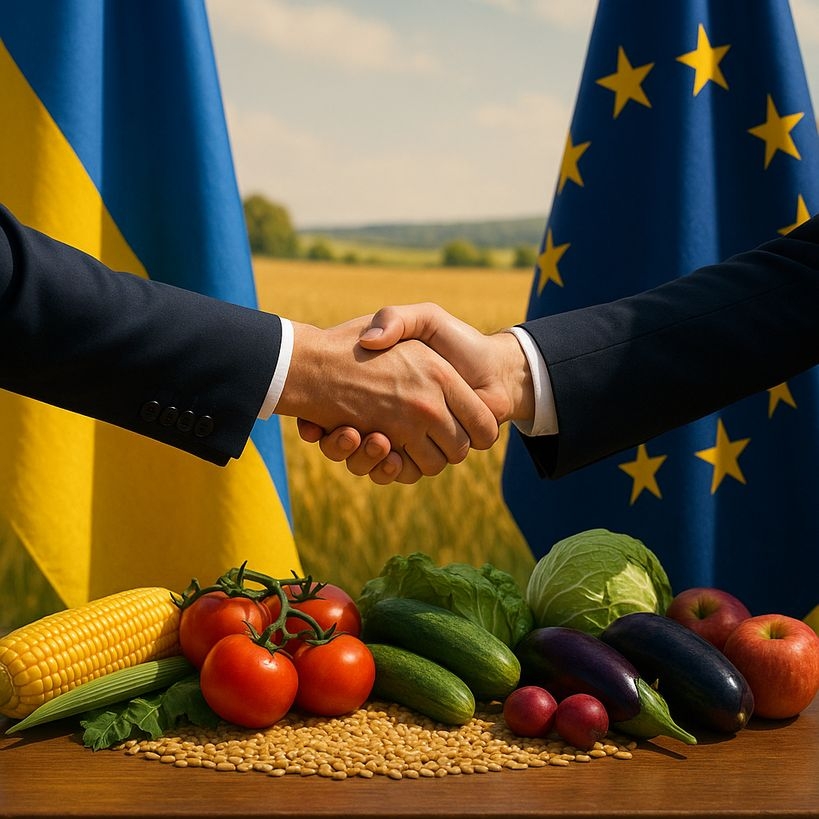Ukraine and EU seek compromise on agricultural export quotas - must decide by August

Ukraine and the European Commission have agreed to find a new solution regarding the conditions for exporting Ukrainian agricultural products to the EU in June-July 2025. This was stated by First Deputy Minister of Agricultural Policy Taras Vysotsky during the Agro Ukraine Summit 2025.
"There will be no negative effect on the agricultural sector in the next 2–3 months. But if there are no new agreements by August, the introduced quotas will begin to be exhausted according to the 7/12 formula, and exports will stop," Vysotsky noted.
The most sensitive categories:
Among the goods that will be most affected by quotas:
- sugar
- poultry meat
- honey
- bioethanol
- wheat
- tomato paste
- juices
- powdered milk
- butter
"These are products whose exports exceed the 2021 quotas. Without their revision, the risks are significant," the Deputy Minister emphasized.
Potential solution:
A possible scenario is the division of quotas by customs codes , which would allow protecting, for example, flour or pasta, which are currently included in a common quota with grain.
Potential losses:
- The ministry estimates the macroeconomic impact of quotas at $3.5 billion .
- According to Minister Vitaliy Koval, 70% of Ukraine's GDP in 2025 will be formed by the agricultural sector , so returning to the old quotas threatens a loss of €2.8–3.5 billion .
Alternatives for export:
Vysotsky urged farmers to look for new markets , particularly in Asia, India, and China:
"Diversification is needed. The more directions, the better. But at the moment there is no alternative to the EU with its 500 million consumers," he added.
Reference:
- The "7/12" formula is a restriction on duty-free exports for the period from June to December.
- The EU's Autonomous Trade Measures (ATM) have been in place since June 4, 2022 and have been extended twice.
- The agreement allowed duty-free exports of agricultural products , but now the EC is imposing protective restrictions on EU farmers.


